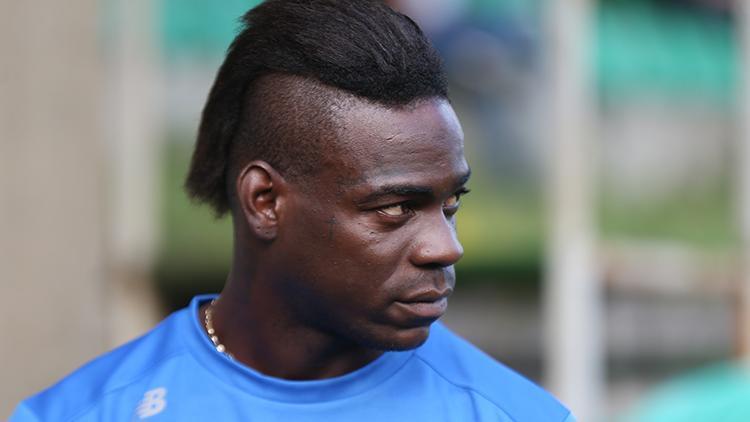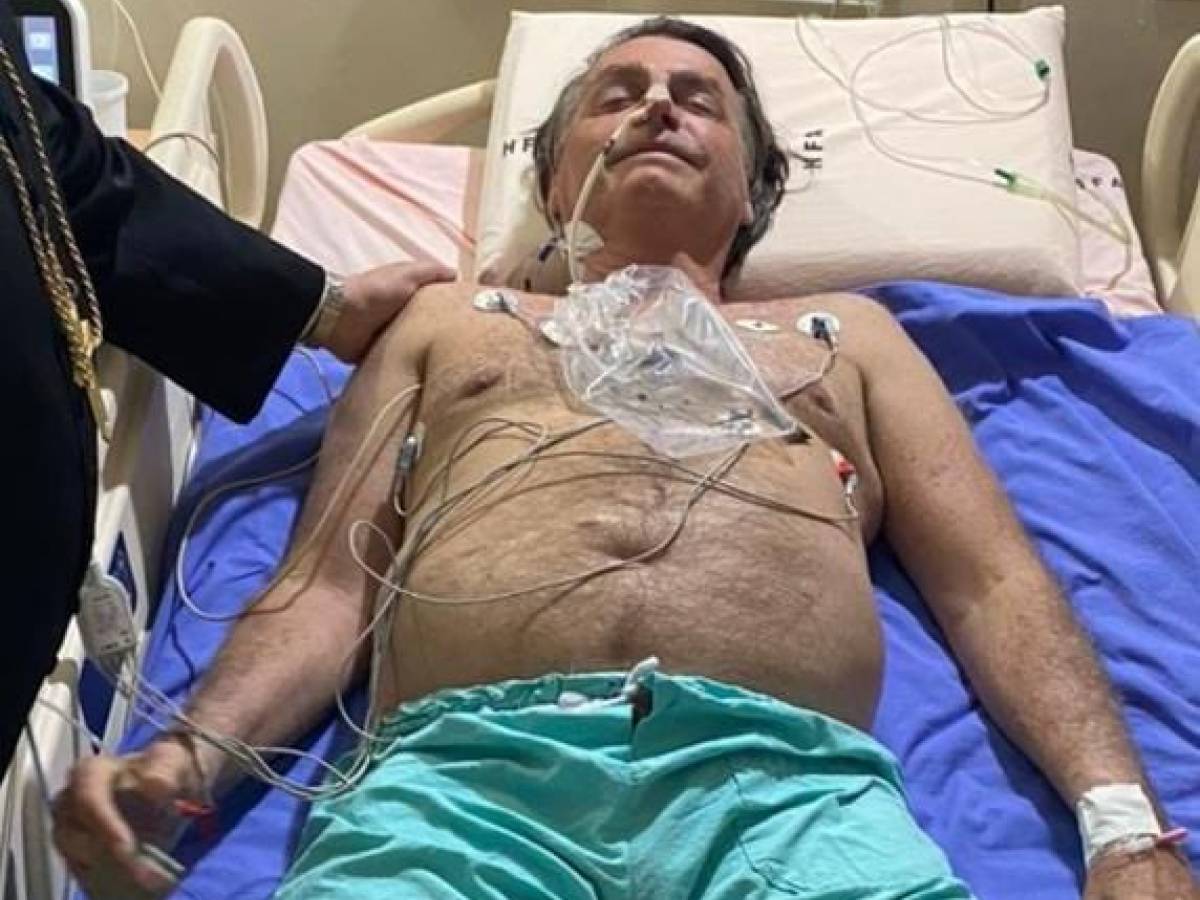Just because Pfizer wants to offer a third booster dose of the COVID-19 vaccine does not mean it is necessary. In fact, international health authorities say that the two doses appear to be sufficient, for now.
Experts around the world are studying the effects of vaccines to determine if a third injection is necessary. At the same time, voices calling for immunization of more people are proliferating, arguing that there would be no threat from new variants if more people in the United States and the rest of the world are vaccinated.
“If people want to stop hearing so much about the new variants, you have to do that all countries have access to vaccines,” said Jennifer Nuzzo, a public health specialist at Johns Hopkins University.
Here are some questions and answers about the possible need for a third vaccination:
1) WHAT IS CAUSING THE DEBATE ABOUT A THIRD VACCINE?
US health authorities have long claimed that people may one day need an extra shot, as do many other vaccines. That is why multiple studies are underway to test different possibilities: a third single dose, a vaccine from a brand other than the two previous doses, or a vaccine specially designed to protect against new variants.
However, last week Pfizer and its German partner BioNTech announced that in August they will request authorization from the US health authorities for a third dose in order to boost the production of antibodies and thus protect the body from the new variants.
The companies did not disclose scientific data and the US authorities responded emphatically that for now no more doses are needed and that it will be the government, not the pharmaceutical companies, who will decide if that changes.
The World Health Organization declared Monday that there is insufficient evidence that a third injection is necessary. He also called for surplus doses to be donated to poor countries instead of being used to improve the immunity of wealthy people.
2) WHAT IS THE EVIDENCE THAT VACCINE PROTECTION REMAINS STRONG?
An Associated Press analysis last month found that nearly all coronavirus deaths in the United States are in people who were not vaccinated.
In recent weeks, infections and hospitalizations have rebounded due to the spread of the delta variant, but the Centers for Disease Control and Prevention (CDC for its acronym in English) point out that this is happening in the least vaccinated areas of the world. country and that there are enough doses there for people to inoculate.
There is no perfect vaccine, so it is possible for someone fully vaccinated to contract COVID-19, but those cases are usually very mild. Experts are studying the incidence of this type of infection to assess whether it is necessary to offer a third injection to boost immunization.
So far the news is good: Early vaccinates in December and January do not appear to be more susceptible to the disease than those who received more recent vaccinations.
3) IS THE DEBATE ON BOOSTER INJECTIONS DUE SOLELY TO THE NEW VARIANTS?
No, scientists are also studying whether overall immunity is declining among vaccinated people. If it becomes too low, a booster shot may be needed.
Antibodies tend to disappear over time. This is normal, since the human organism does not need to be in a state of maximum alert all the time.
However, antibodies are not your only method of protection. By the time they decline, the body has generated other defenses such as B cells, which when the body is attacked “explode and start dividing like crazy” to create more antibodies, explained University of Pennsylvania immunologist Scott Hensley.
Another defense is T cells, which kill infected cells and thus prevent the disease from worsening.
The most recent studies suggest that the antibodies are not as effective against the delta variant as they are against previous versions of the coronavirus, but that they continue to protect. The fear now is rather because of the possibility of future mutations that are immune to current vaccines, something that can only be avoided if infections are stopped everywhere.
4) HOW IS OTHER COUNTRIES GOING IN THE FIGHT AGAINST THE DELTA VARIANT?
The most recent data from England, Scotland, Canada and Israel show that the most widely used vaccines in Western countries continue to offer a good level of protection. A study in Great Britain, for example, showed that two doses of Pfizer’s vaccine protect 96% against hospitalization in the case of the delta variant and 88% against symptomatic infection.
In Israel, preliminary results of a study indicate that protection against a mild delta variant infection is slightly lower, at 64%, but that protection against a severe infection is still quite high.
There is less information on the performance of other vaccines against the delta variant. Thailand announced a few days ago that health professionals who received two doses of a Chinese vaccine will receive a booster dose of AstraZeneca.
5) IS IT POSSIBLE THAT SOME SECTORS OF THE POPULATION NEED A REINFORCEMENT INJECTION BEFORE OTHER SECTORS?
If possible. Israel just delivered third doses of the Pfizer vaccine to transplant recipients and other patients with weak immune systems, because those taking immune-suppressing drugs don’t assimilate vaccines – not just COVID-19 – as well as vaccines. Healthy people.
France has already given a third dose to immunocompromised people. And while it has not yet been approved in the United States, some transplant recipients have requested a third dose to bolster their protection.
Whether a third dose really helps and, if so, who will need it and when has not yet been proven. The first large-scale study of the subject is currently underway in Norway.
–


